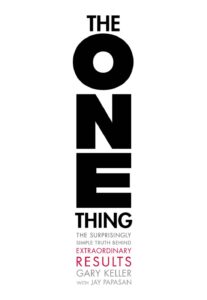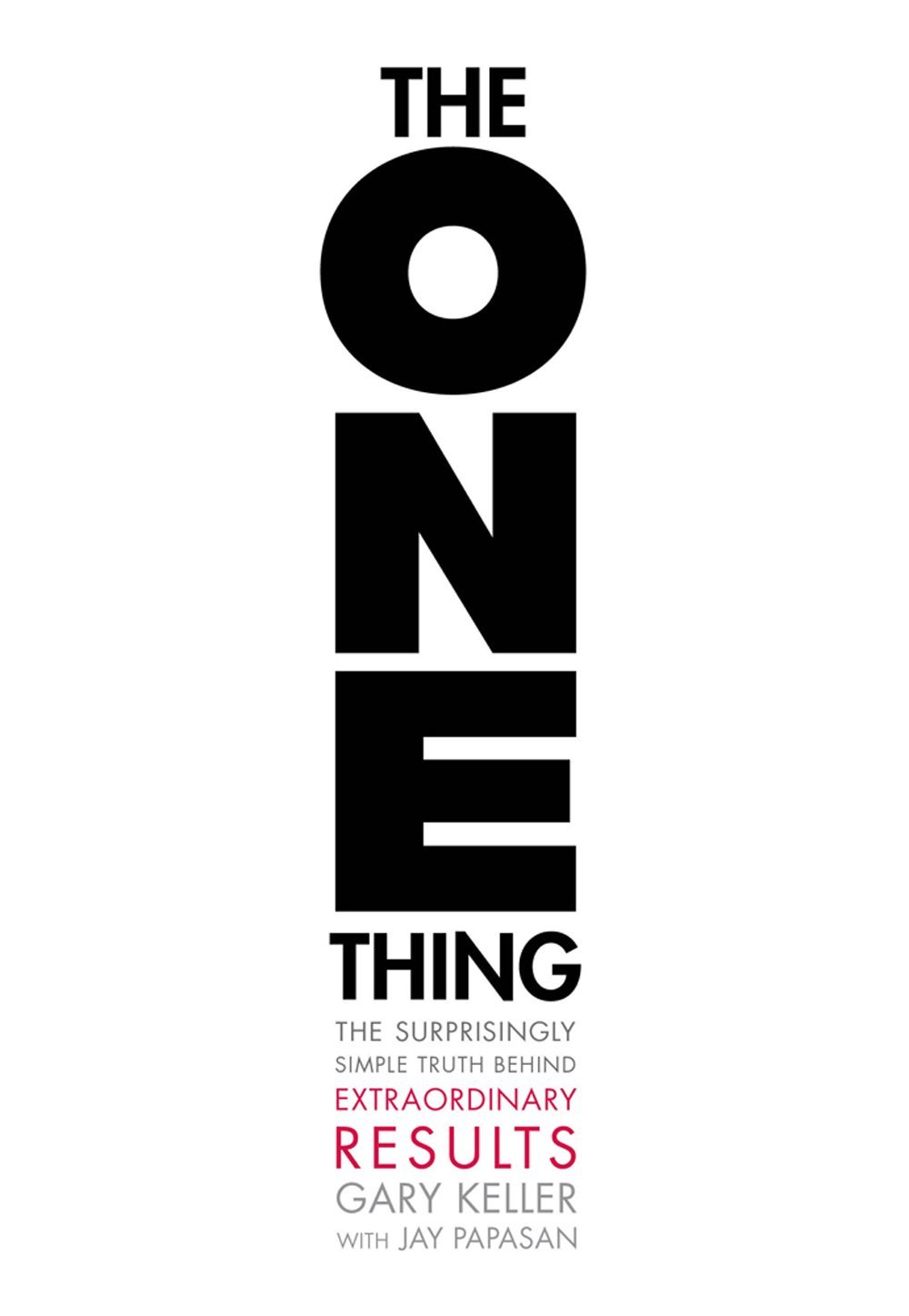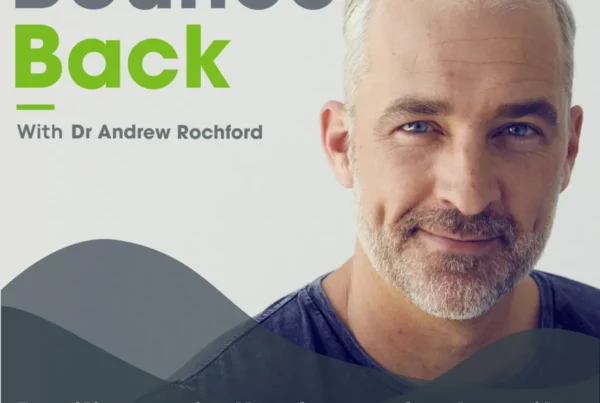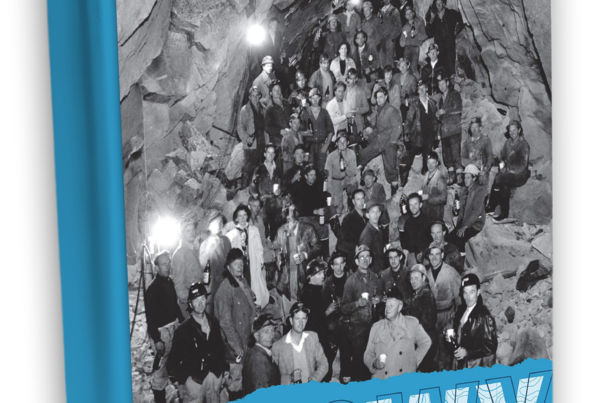Our industry leaders are no strangers to the spark of inspiration ignited by their favourite books and podcasts. In the Industry Leaders’ Must-Read Books and Podcasts series, we invite you to explore these sources of insight alongside them. Discover what has inspired their careers, the lessons that shaped their journeys, and the insights that continue to influence their professional development.
We’re kicking off this monthly series with two must-read books from professional development expert and founder and CEO of Careers Advance, Lisa Panarello – with a bonus recommendation for those seeking even more insight!
Lisa’s Must-Read Book: ‘The One Thing’ by Gary Keller and Jay Papasan

Distractions, these are a recurring nuisance in the digital age. Notifications, programs, meetings, phone calls—a hectic day of work isn’t complete without a couple of these on your to-do list. We’re always aiming to be more productive, because we believe that the more things you do, the more successful you are. But what if you could focus on just One Thing and gain better results?
The One Thing by executives-turned-authors Gary Keller and Jay Papasan is Lisa’s first pick for the month. The book questions some modern-day productivity concepts like “work-life balance” and doing more gets you farther. As the saying goes, “less is more” and boy, does The One Thing embody this!
Instead of a to-do list or a myriad of tasks per day, The One Thing challenges readers to focus on exactly one task to prioritise for 4 hours each day. It sounds preposterous almost, and you might ask, why?! Economics, dear reader. Vilfredo Pareto, an economist, built a specific principle (aptly named the Pareto principle) that stated 80 per cent of results are produced by 20 per cent of the process’ efforts. This principle is also called the 80/20 rule. But what does this mean for the ONE task per day?
Simple. Dedicating your time and effort to one task for four hours produces better results with less effort. It’s about winnowing down your day to what matters so that you don’t haphazardly or half-heartedly create something at the cost of your energy and the quality of the end-product. But the book isn’t just about productivity, it’s about purpose and how you use your time to make this purpose apparent in your life.
SUCCESS IS ROOTED IN FOCUS
Before reading The One Thing, Lisa Panarello was caught in the whirlwind of managing her own work-life balance just as the pandemic hit a few years ago. Like us, her plate was full—she had a business to manage and projects to complete on top of that. As Lisa puts it, this is “the life of an entrepreneur.” But it is not purely business that drives her. Lisa is ultimately guided by her passion to “inspire action and accountability.”
In the recent chapters of her professional journey, it was when she encountered The One Thing that a shift in her mindset occurred. Keller and Papasan’s writing presented Lisa with critical questions about focus, time, and purpose. Keller’s personal reflections on focus and the success of his tasks allowed Lisa to reassess her own.
“The One Thing has profoundly altered my decision-making strategies in business.” This significant change does not just occur within Lisa’s mindset, but in her daily habits as well. From each week to each day, Lisa has created her own personal system for her to refocus.
“Each morning, I identify my top priority (literally put that folder at the top of the pile) and dedicate my energy to completing only that major task, and without guilt. This method alleviates the pressure of multitasking, allowing me to stay on track and engage fully with each task. I feel a sense of relief and achievement when my head hits the pillow at night.”
The One Thing isn’t just a one-stop list of How To’s or instructions for success. Lisa has demonstrated that The One Thing is also about reflecting upon your daily life and actions so that you can make sense of the bigger picture. It takes concrete steps, even just small ones, to feel and create the change Keller and Papasan described in their book.
“The essence of The One Thing, has refined my approach to business AND fortified my commitment to inspiring others through focused action and accountability.”
There’s no denying it—the shift in Lisa’s thoughts and actions from The One Thing is one for the books (pun intended)!
Bonus Recommendation: ‘Invisibles: The Power of Anonymous Work in an Age of Relentless Self-Promotion’ by David Zweig
If Lisa’s first recommendation sparked your interest, you might enjoy an additional reading! For those seeking further insights or another type of read, continue below for a bonus book suggestion from the career coach herself.
Take a look at any item on your desk. Say, your coffee mug, for example. Have you ever wondered who designed it? How about your watch? Who’s responsible for the way that it runs? These are questions we rarely ask ourselves (unless we see a flying pig, then we’d think: “Who let that happen?”), but the reality is there is a job and a person for every functioning item in your everyday life.
“In fact, Invisibles are found in all walks of life. What binds them is their approach—deriving satisfaction from the value of their work, not the volume of their praise.” – David Zweig
Lisa’s second pick is Invisibles by David Zweig. This book sheds a light on inconspicuous or rarely-recognised occupations. The term “invisibles” is a moniker Zweig uses for the people behind these jobs. Thus, Zweig not only presents the reader with real-life stories, but also questions our contemporary definition of success. Praise, recognition, and the burgeoning need to sell your personal brand to audiences are the usual benchmarks for society. But in studying invisibles, Zweig’s findings say otherwise.
“Fascinatingly, I found they all consistently embody Three Traits: 1) Ambivalence toward recognition 2) Meticulousness 3) Savouring of responsibility.”
In this quote alone, we have an immediate idea of the unique people Zweig comes across. A few examples include artisans like a perfume-maker and a cinematographer. In other chapters, he explores the careers of a skyscraper engineer and an interpreter from the United Nations. While they may not be famous rock stars to us, it is their dedication that makes them masters within their industries and niches. There is, as Zweig observed, a passion towards their respective crafts, which are often overlooked.
WAYFINDING RUNS IN THE FAMILY
Lisa’s appreciation for this book hits home. When asked about her favourite chapter, Lisa cites the very first one which featured wayfinding. Wayfinding, in the modern sense, entails using visual cues like signs or colours to help individuals literally find their way within spaces.
According to the career coach, this chapter reminded her of her older brother’s job as an executive in the airport industry. Airports around the world have different layouts and structures, which definitely brings the art of wayfinding to mind. As you can imagine, the airport is the place you’d want your wits about you when navigating through.
Describing her brother as the “quiet brain” of their family, Lisa wrote of her admiration for him: “The chapter sparked me to think of all he has ‘quietly’ achieved in his career for the benefit of airport passengers and staff. So, I walked away in awe of and with yet another level of appreciation for him, and his teams.”
In turn, Lisa also finds an appreciation for her own career. In her own way, Lisa is a wayfinder. Her life purpose, as mentioned previously, is to help people take action within their own lives and professional journeys. She seeks to inspire others to find their own ways. This reflection has not only established Lisa’s sense of purpose but also aids her appreciation and approach towards her clients.
In essence, Invisibles is a book about people with huge impacts. Just like its subject, Invisibles by David Zweig can create a ripple effect within you too.
How did you find this week’s recommendations? Leave us a like if you’re keen to pick them up!














